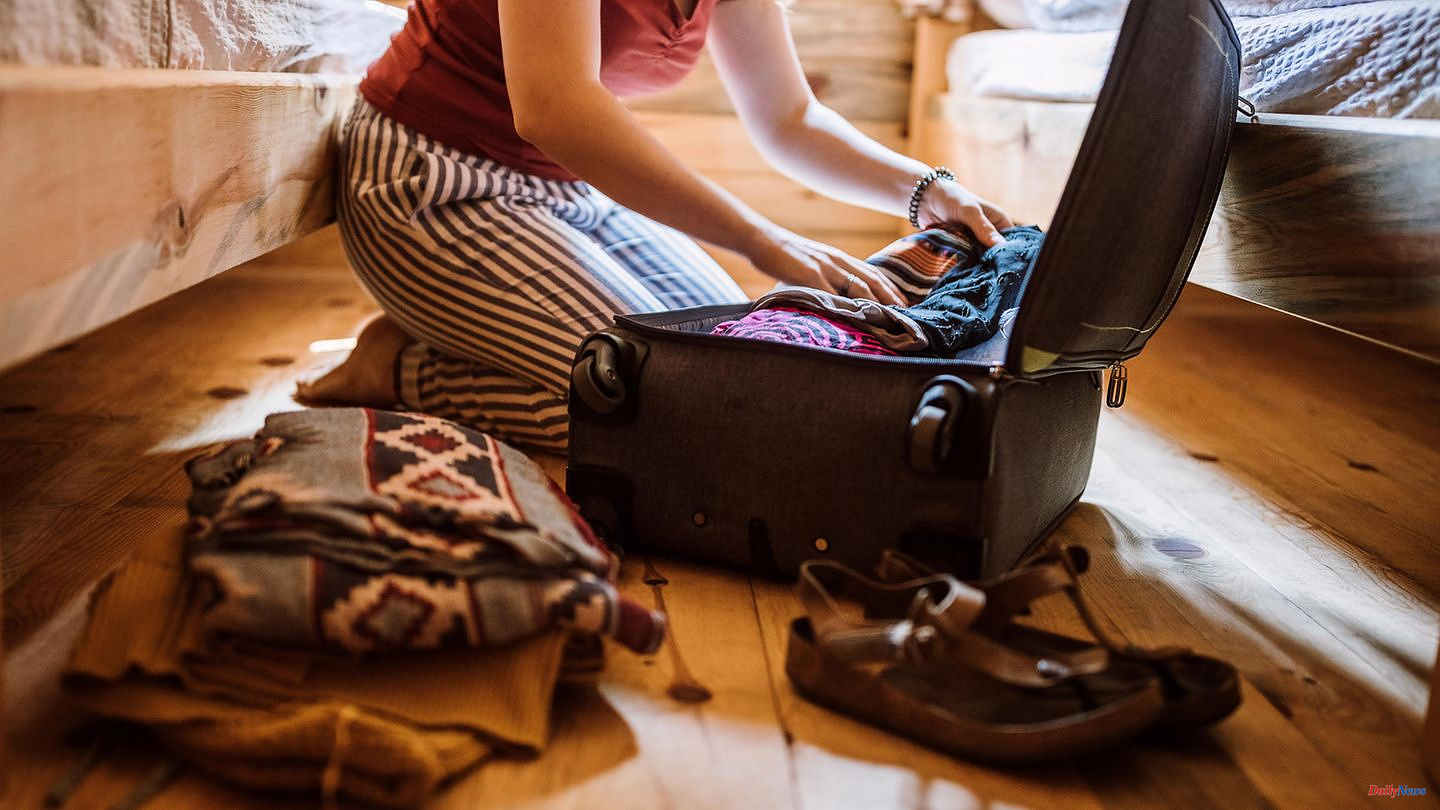You've been looking forward to your vacation for weeks and then this: a stuffy nose or diarrhea ruin the sightseeing tour or the day at the beach. Of course nobody wants to get sick while travelling, but unfortunately it sometimes happens anyway.
According to the DAK Holiday Report 2021, six percent of summer holidaymakers fell ill during the holidays. Almost half of the 1,000 respondents caught a cold while on vacation, and 27 percent were injured in a fall or accident. Sunburn caused health problems for around a fifth. Therefore, the following applies: take better precautions and take a first-aid kit with you. What medications you should have with you on holiday and which medications are the cheapest.
Of course, you could also buy medicines in the holiday country if the worst came to the worst. But Stiftung Warentest recommends precautionary measures in the current test. Because it may be that well-known medicines are not available abroad or only available on prescription, advice in another language is difficult or holidaymakers: come across inferior medicines in some countries.
What should not be missing in the first-aid kit also depends on the holiday destination and the planned activities. But a few basics should be in your luggage for every holiday. Which basics Stiftung Warentest recommends and which products were the cheapest in the test:
Depending on which holiday country you are going to or whether you spend a lot of time outdoors during your holidays, you should add the following content to your first-aid kit:
It is important for parents to find out before they go on holiday which medications are also suitable for children. Anyone who has to take pills regularly, for example because of high blood pressure, should of course not forget them. Stiftung Warentest recommends packing about a third more than you need for the trip in order to be prepared for imponderables such as flight cancellations or quarantine.
Vacationers should also pay attention to the correct transport of the medicines. Essential medicines should always be stowed in hand luggage and care should be taken to protect the medicines from heat. It is also important to find out early enough before the holiday whether certain vaccinations or other special precautions are advisable. The Federal Foreign Office provides information on this.
If you have to see a doctor on holiday, you are entitled to all necessary medical services as a person with statutory health insurance in European countries. In order to protect yourself against high treatment costs abroad and, if the worst comes to the worst, to have a return transport financed, it is advisable to take out health insurance for travel abroad (read more about this here).
You can find the entire paid guide here.
Sources: DAK Report, Stiftung Warentest












